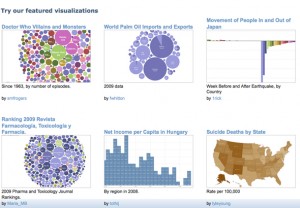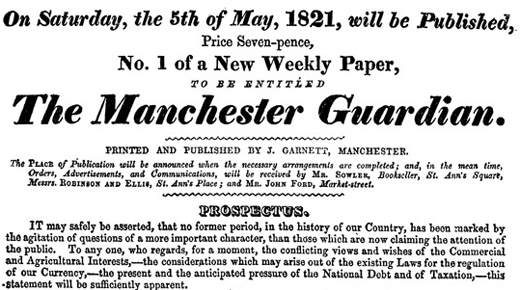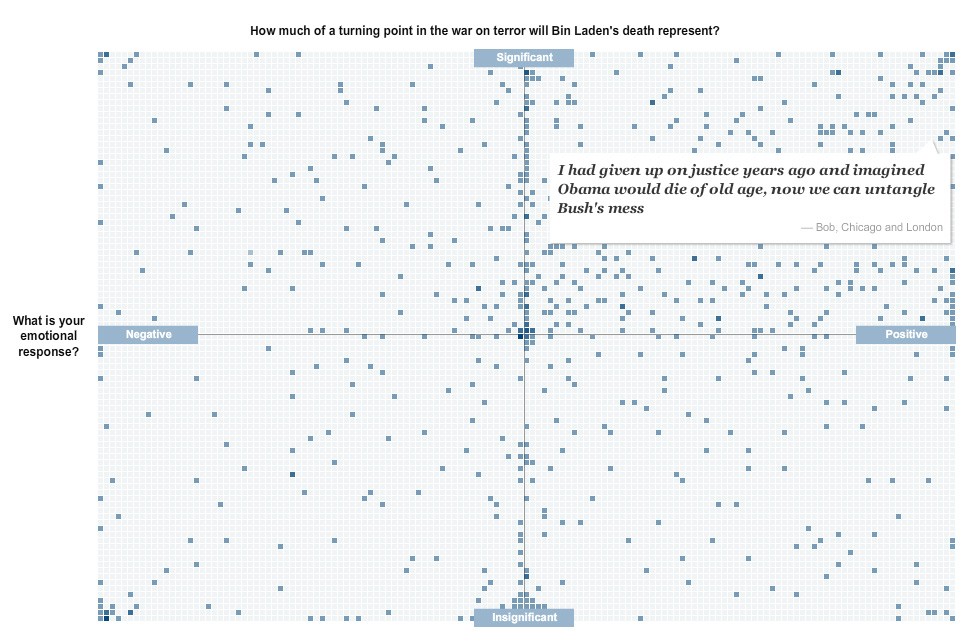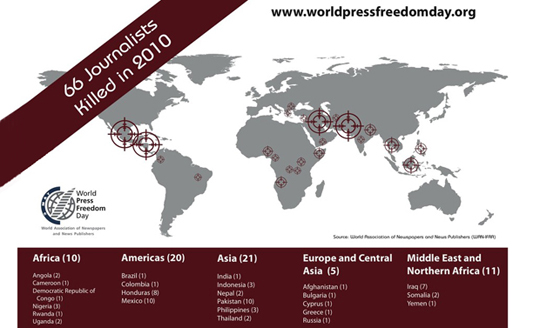
Every journalist needs to know about data. It is not just the preserve of the investigative journalist but can – and should – be used by reporters writing for local papers, magazines, the consumer and trade press and for online publications.
Think about crime statistics, government spending, bin collections, hospital infections and missing kittens and tell me data journalism is not relevant to your title.
If you think you need to be a hacker as well as a hack then you are wrong. Although data journalism combines journalism, research, statistics and programming, you may dabble but you do not need to know much maths or code to get started. It can be as simple as copying and pasting data from an Excel spreadsheet.
You can find out more about getting started and trying your hand at complex data journalism at news:rewired – noise to signal, on 27 May. More details about the event are here and you can order tickets, which cost £156 including VAT, by clicking here.
Here are 10 reasons to give data a go.
1. Everybody loves a list. Did you click on this post as you wanted an easy-to-read list rather than an involved article?
2. Everybody loves a map. Try Quantum GIS (QGIS), a free, open source tool, or OpenHeatMap, a fantastic, east-to-use tool as long as your data is categorised by country, local authority, constituency, region or county.
3. Tools bring data to life. Applications such as ManyEyes and Yahoo Pipes mash data and turn complex numbers and datasets into easy to read visualisations that work well both online and in print. Try this how to guide to Yahoo Pipes to get you started. Here are 22 data visualisation tools from Computer World.
4. Data may need cleaning up. Try using clean up tools like Scraperwiki, which helps non-technical journalists copy a few lines of code to turn a document such as pdf into a number-friendly file like a csv, and Google Refine, which Paul Bradshaw has written some useful posts on over on the Online Journalism Blog.
5. Data of all sorts is increasingly available. The open data movement across the UK is resulting in an increase in the release of data. The possibilities are huge, says Paul Bradshaw on the Guardian’s Datablog. January 2010, saw the launch of data.gov.uk, a fantastic resource for searching for datasets.
6. Data journalism can answer questions. A good place to start in data journalism is to ask a question and answer it by gathering data. Numbers work well. One option is to submit a Freedom of Information request to ask for the numbers. It helps if you ask for a csv file.
7. You can use the crowd. Crowdsourcing by asking a question on Twitter or using a site like Help Me Investigate, an open source tool for people can use to collaborate to investigate questions in the public interest.
8. Data can be personal to every reader. DocumentCloud can highlight and annotate documents to help readers see what is important and learn a document’s back story.
9. “Data journalism is not always presenting the data as journalism. It’s also finding the journalism within the data,” Jay Rosen said in relation to this article on Poynter on how two journalists from the Las Vegas Sun spent two years looking at 2.9 million documents to find out what “what’s right, and wrong, about our local health care delivery system”. The result was that the journalists exposed thousands of preventable medical mistakes in Las Vegas hospitals. The Nevada legislature responded with six pieces of legislation.
10. “Data ethics is just as important as ethics in journalism, in fact they are one in the same,” according to this post on Open Data Wire. Consider the BBC’s FoI request which showed a 43 per cent rise in GPs signing prescriptions for antidepressants and the ethics of unquestioningly relating this to the recession. Ben Goldacre has highlighted the problems with seeing patterns in data.
This is a cross post originally published on the news:rewired website. You can get your tickets here.
A full agenda for news:rewired – noise to signal, is here. A list of more than 20 speakers is here.



